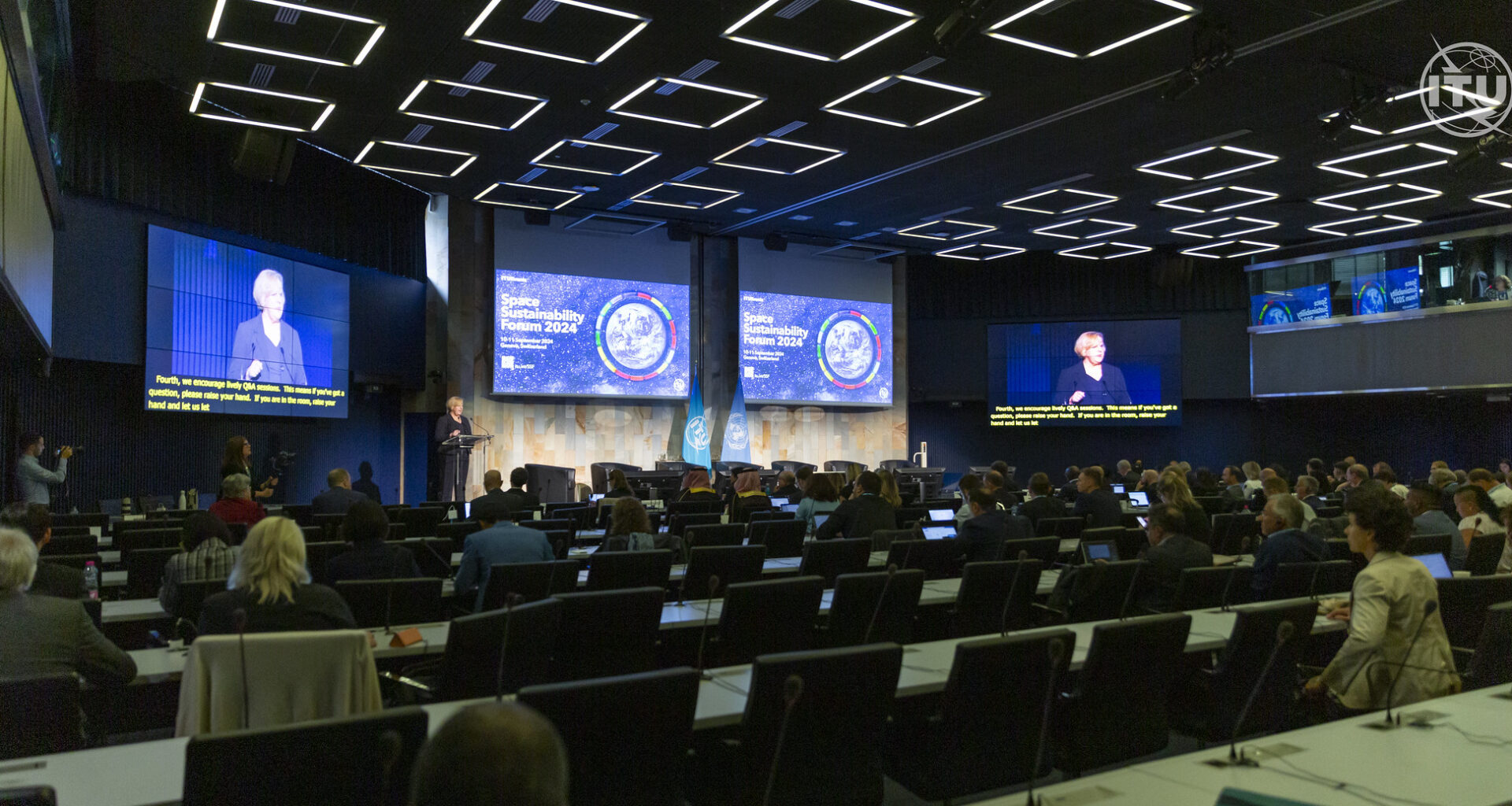SYDNEY — Satellite operators are asking an international regulator to help maintain lines of communication among them to deal with potential conjunctions and other space safety issues.
During a panel at the International Astronautical Congress here Sept. 30, representatives from constellation operators in the United States and China emphasized the need to better coordinate when their satellites make close approaches to one another.
“We see satellites getting launched into operational orbits of other systems without talking to each other, without sharing data,” said David Goldman, vice president of satellite policy at SpaceX. He emphasized the need to share orbital ephemerides. “That is the single most important thing you can do to help decrease risk in space.”
The issues, he said, are largely not with other operators of large constellations. “SpaceX and Amazon work really closely on making sure that our satellites are working well together,” he said. That includes coordination each time Amazon launches a set of Project Kuiper satellites, which must pass through shells of Starlink satellites to reach higher operational orbits.
“We really have not had issues because we’re talking to each other closely,” he concluded. “You can have a lot of satellites operating if you’re communicating well and working together well.”
An Amazon official on the panel agreed. “We work very closely together on space safety. We share our ephemeris, our maneuver plans and, at the technical level, we’re screening our orbits,” said Josef Koller, head of space safety and sustainability for Amazon’s Project Kuiper.
His concern was with satellite operators Amazon does not, and cannot, communicate with. He estimated about 1,500 operational payloads pass through Kuiper orbits, only half of which Amazon has contact information for.
“That’s really not a very safe environment,” he said. “It seems like such a simple thing to do to share your contact information or your email address so we can reach out to you about who is going to maneuver or not, but that is the most critical item today that I see that we have not accomplished yet.”
A Chinese satellite operator on the panel said they face similar problems. “We always know who to contact for frequency coordination, but we don’t know who to talk to about satellite operations,” said Peng Zhang, general manager of the solutions department at GalaxySpace.
Industry officials suggested one mechanism for sharing that information could be through the International Telecommunication Union, or ITU. “Around the world, there’s trust issues between operators, between countries,” Goldman said. “I think the ITU can play a pivotal role in trying to bring people together and share information in a trusted place.”
The ITU is hosting its second Space Sustainability Forum next week in Geneva, where improving communications among operators will be a topic, said Jorge Ciccorossi, head of the Space Strategy and Sustainability Division of the ITU Radiocommunication Bureau.
“One of the things we’re going to coordinate among the key LEO operators is trying to exchange direct points of contact,” he said. That will include asking member states and satellite operators to provide information that the ITU can post online. “It’s really important to have quick access to this,” he said, noting it could also help address radio-frequency interference issues among operators.
“It’s very important to have certainty and transparency, because these are the two pillars if you want to have sustainability,” he said.
While operators agreed that sharing contact information, through the ITU or other means, was important, there was less consensus on what else the organization should do to promote space safety. Peng suggested developing a “code of conduct” for satellite operators but did not elaborate.
Goldman cautioned against rushing into regulations. “Sometimes, when there is an effort to rush to regulation before people really understand the issue, you can have counterproductive rules,” he warned.
He suggested the ITU focus on improving communications among operators, noting the slow pace of developing regulations at World Radiocommunication Conferences, held every four years. “That is a very slow cycle compared to what is happening in space right now,” he said. “If you try to get regulations on this, you’re going to miss the issues by the time you get there.”
Having the ITU serve as a facilitator of communications, he concluded, “is the single best thing that we can do to lower the risk.”
Related

